On his recent summit, NATO has approved new so-called defense plans against Russia. What are the consequences of these for Türkiye’s foreign relations generally and with Russia specifically? How should certain statements from parts of the Turkish government be evaluated? United World International author Mehmet Perinçek elaborated in our interview on these questions.
How do you evaluate possible provocations of NATO against the Turkish-Russian relations, including an open armed conflict?
First and foremost I want to emphasize one thing: No one can by no means involve the Turkish army in a war against Russia. Convincing the command echelon of the military or forcing the Turkish state into such a thing is impossible.
The danger Türkiye could face
What are then possible consequences of the newly approved NATO defense plan?
Granting decision-making authority to the NATO supreme commander without consulting carries significant risks in terms of various fait accompli situations. An impulsive move by NATO forces against Russia through our territories without consulting the Turkish army or Türkiye itself could lead to major provocations.
We have experienced the danger of such provocations with the “aircraft crisis” when a Turkish air force F-16 fighter jet shot down a Russian Sukhoi Su-24M attack aircraft near the Syria–Türkiye border on 24 November 2015. This was a provocation of the then Foreign Minister Ahmet Davutoğlu and Fethullah Gülen Terror Organization (FETÖ), which could have brought Türkiye to the brink of destruction. The aircraft crisis was plotted to isolate Türkiye from its allies and pave the way for the coup d’état of July 15, 2016.
In that case, Türkiye would have been left defenseless against the US. Now, with this authority outlined in the NATO defense plan, the Turkish army might be left isolated in countering PKK/YPG terrorist organizations in Syria and the threats posed by the anti-Türkiye bloc in the Eastern Mediterranean. It is essential to be cautious in the face of this danger.
The Turkish Straits, Cyprus and Izmir
Moreover, Türkiye had previously raised objections to some contents of this plan. These stemmed from the disputes over the geographic naming of the Turkish Straits and Cyprus. NATO’s plan not only includes Izmir but also the Turkish Straits and Cyprus. Some parts of the plan include attacks against Russia from these regions as well. The use of bases in these areas could raise suspicions in Russia and pose a danger of damaging Türkiye-Russia relations. Signing this NATO decision could pit Türkiye and Russia against each other, and consequently turning Izmir and the Turkish Straits into targets for Russia, instead of attractive destinations for Russian tourists.
Provocations
How do you see NATO’s position towards Russia regarding armed conflict?
NATO does not currently have a plan to engage in direct warfare with Russia in Ukraine. However, the door is always left open to various scenarios. The US has always had plans to expand the war and create a broader front. At one point, they considered involving Moldova into the conflict. There have been provocations through the Baltic countries as well. The intention is to weaken the Russian forces by get them defocus from Ukraine.
In fact, such attempts have already taken place. For instance, during the missile incident, they initially tried to blame Russia, but later everyone learned that it was done by Ukraine’s defense system. Russia’s composed responses prevented such provocations from being successful. Nevertheless, as I said, it is essential to keep that the door is always left open to various scenarios.
Türkiye: producing security for the West?
How do you evaluate the recent Turkish discourse on NATO?
Considering Türkiye’s signature on this NATO plan together with the recent statements made by the Minister of Treasury and Finance, Mehmet Şimşek, at a conference in Austria, we can better understand the scale of the danger. Mehmet Şimşek stated that Türkiye is crucial for the security of the West and that Türkiye and the West need to develop long-term projects together. What is striking about his remarks is that they go beyond the common discourse of Turkish officials, such as “Türkiye is a loyal ally to NATO,” “NATO is essential for Türkiye’s security,” or “Türkiye and NATO’s partnership is a guarantee of peace in the region.”
Şimşek is suggesting that Türkiye should actively enact security for the West. These words bring to mind Erdoğan’s discourse between 2002 and 2014, when he was closely allied with the US and repeatedly declared himself as one of the co-chairs of the Greater Middle East Project.









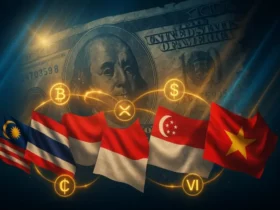
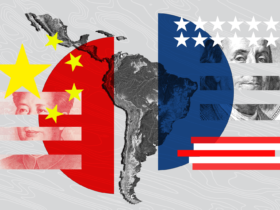


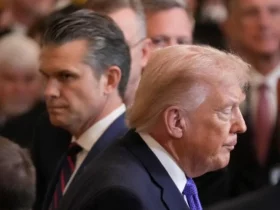
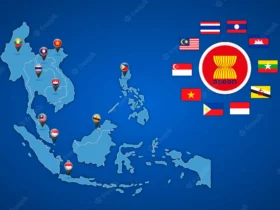
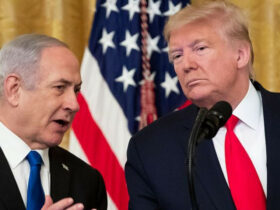

Leave a Reply